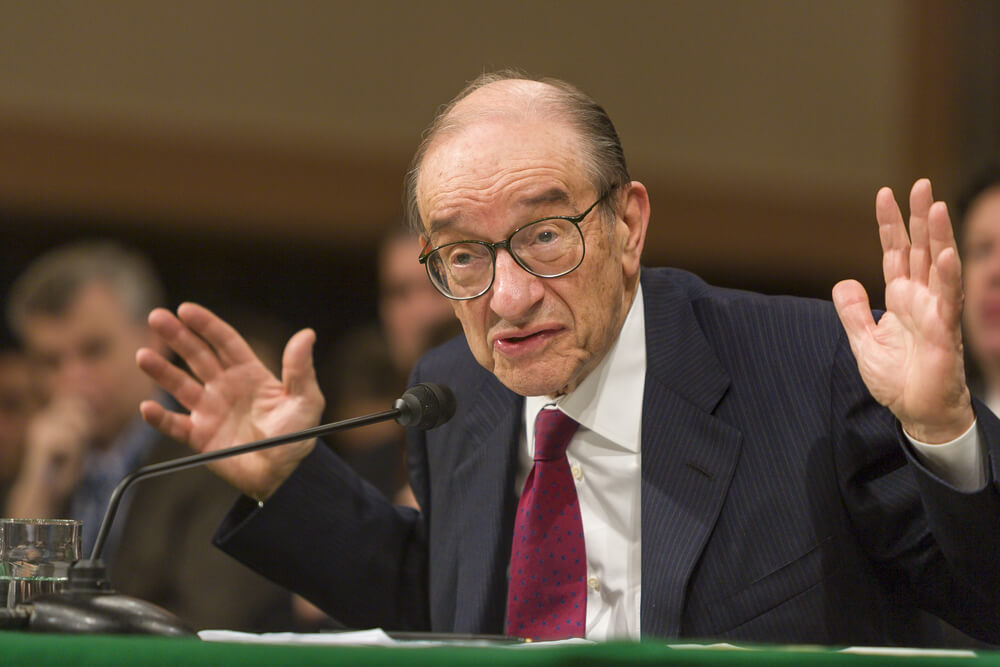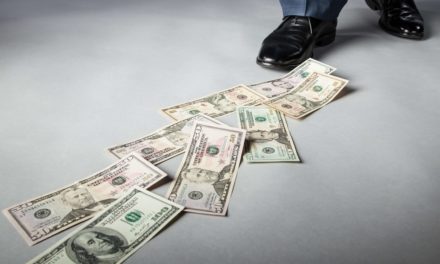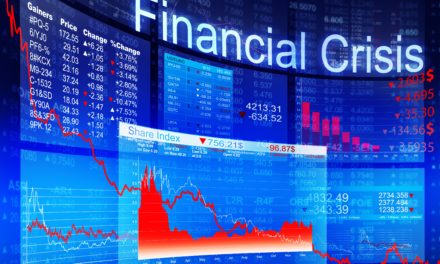Former Federal Reserve Chair Alan Greenspan doesn’t like what he’s seeing in the U.S. economy as the budget deficit balloons, which he thinks is going to eventually lead to growing inflation.
“Right now, there’s no real inflation at play,” Greenspan said in an interview on CNBC’s “Squawk on the Street” Tuesday. “But if we go further than we are currently, inflation is inevitably going to rise.”
The Fed has struggled with perpetually low inflation for a while now. The central bank considers 2% to be a healthy target for a growing economy. But other aspects of the economy have bolstered those weak numbers. According to the latest Consumer Price Index index, inflation did increase to 2.1% in the 12 months through November, but it was only the second month in 2019 that it managed to hit 2% or higher. April managed 2% inflation.
Unemployment has hit a 50-year-low of 3.5%. Fed economists point to the Philips curve, a metric that indicates low employment drives wages and inflation gauges higher. Only time will tell, though.
But Greenspan isn’t buying it. The U.S. fiscal budget for 2019 was just shy of $1 trillion, a mark it hasn’t hit since recovering from the financial crisis between 2009 and 2012. The nonpartisan Congressional Budget Office projects future budget deficits will hit $1 trillion in 2020 and stay above that mark for the next decade.
“That, on top of the stagnation we are seeing in many areas, is not very beneficent for the world economy and certainly not for the United States and China,” Greenspan said.
President Donald Trump’s tenure has been marked by the ballooning deficit. In 2017, his first year in office, the deficit was $665 billion, so 2019’s $984 billion was an increase of almost 50% over just two fiscal years.
Back in October, current Fed Chair Jerome Powell said during a Congressional hearing that the “federal budget deficit is on an unsustainable path, with high and rising debt.”
“Putting the federal budget on a sustainable path would aid the long-term vigor of the U.S. economy and help ensure that policymakers have the space to use fiscal policy to assist in stabilizing the economy if it weakens,” he added.
But even warnings from the Fed have not seemed to register with Trump, who continued his unrelenting attack of the central bank and its chief in a Tuesday tweet that called for “lower interest rates and quantitative ease.”
Would be sooo great if the Fed would further lower interest rates and quantitative ease. The Dollar is very strong against other currencies and there is almost no inflation. This is the time to do it. Exports would zoom!
— Donald J. Trump (@realDonaldTrump) December 17, 2019
Greenspan of course called Trump’s penchant for railing on the Fed inappropriate, saying “he’s wrong in even discussing the issue.”
“The Federal Reserve is a very professional outfit,” Greenspan said. “They know more about the economy’s functioning, how it affects the money markets and the interest rate structure, far more than he does. … The best thing to do is to just disregard it. … I’m sure it was ill-advised.”




